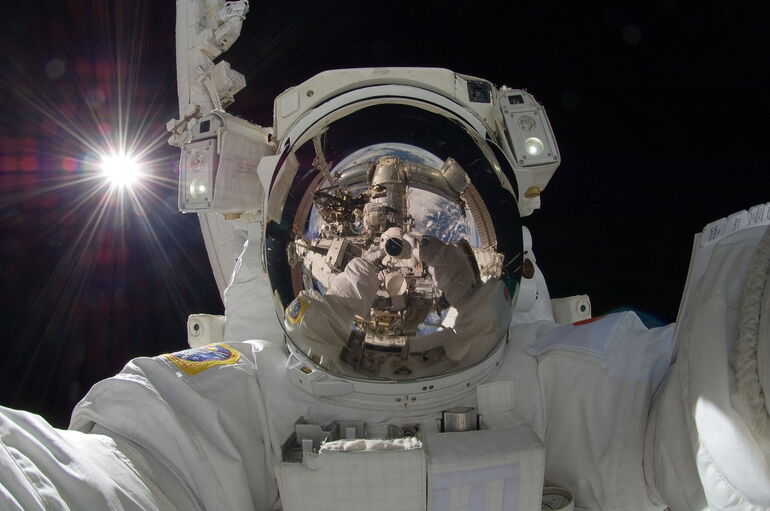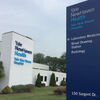Processing Your Payment
Please do not leave this page until complete. This can take a few moments.
-
News
-
Editions
-
- Lists
-
Viewpoints
-
HBJ Events
-
Event Info
- 2024 Economic Outlook Webinar Presented by: NBT Bank
- Best Places to Work in Connecticut 2024
- Top 25 Women In Business Awards 2024
- Connecticut's Family Business Awards 2024
- What's Your Story? A Small Business Giveaway 2024 Presented By: Torrington Savings Bank
- 40 Under Forty Awards 2024
- C-Suite and Lifetime Achievement Awards 2024
- Connecticut's Health Care Heroes Awards 2024
-
-
Business Calendar
-
Custom Content
- News
-
Editions
View Digital Editions
Biweekly Issues
- April 29, 2024
- April 15, 2024
- April 1, 2024
- March 18, 2024
- March 4, 2024
- February 19, 2024
- February 5, 2024
- January 22, 2024
- January 8, 2024
- + More
Special Editions
- Lists
- Viewpoints
-
HBJ Events
Event Info
- View all Events
- 2024 Economic Outlook Webinar Presented by: NBT Bank
- Best Places to Work in Connecticut 2024
- Top 25 Women In Business Awards 2024
- Connecticut's Family Business Awards 2024
- What's Your Story? A Small Business Giveaway 2024 Presented By: Torrington Savings Bank
- 40 Under Forty Awards 2024
- C-Suite and Lifetime Achievement Awards 2024
- Connecticut's Health Care Heroes Awards 2024
Award Honorees
- Business Calendar
- Custom Content
North Haven company secures NASA award for spacesuit tech
 PHOTO | Pixabay.com
PHOTO | Pixabay.com
An area company has secured a six month contract with NASA to help keep the air inside spacesuits healthier for astronauts.
Precision Combustion Inc., of 410 Sackett Point Rd., North Haven, announced it has won a NASA SBIR Phase I award to develop “Exploration Spacesuit Trace Contaminant Control Technology.”
The contract is for $124,850, according to Tony Anderson, director of marketing and business development for PCI.
The astronauts themselves generate contaminants through metabolic processes, such as carbon dioxide or methane. Spacesuit materials can produce potentially harmful gases. All of these contaminants have to be removed from the ventilation loop of a spacesuit, the company indicated.
According to Anderson, the company will be developing and evaluating materials for the removal of chemicals from the air. PCI’s sorbent nanomaterials will be used to remove contaminants such as ammonia, formaldehyde and methyl mercaptan.
“It is for the astronauts’ health (to remove these contaminants),” Anderson said.
The goal is to improve spacesuit technology and therefore increase mission capability and duration.
PCI President Kevin Burns said, “We need regenerable spacesuit life support systems to allow longer and more effective crew missions and further advance our ability to live in space and on the moon and planets.”
PCI’s technology aims to limit the amount of trace contaminants that threaten to exceed maximum levels allowed in a seven day period. It can also help simplify operations and reduce power consumption, according to the company.
Christian Junaedi, the project’s principal investigator with PCI, said PCI’s sorbent nanomaterial technology could provide a solution for “a broad range of trace contaminants.”
In the first phase, the company will identify and synthesize vacuum-regenerable sorbents that can meet performance requirements for contaminant removal, according to Junaedi. In the second phase, the company plans to develop a prototype ready for testing and future use.
The technology could have broader benefits, including improving air quality in various industries at home. According to Anderson, more efficient air cleaning could be scaled up for spacecraft, space stations, and for keeping buildings here on Earth contaminant-free.
Contact Michelle Tuccitto Sullo at msullo@newhavenbiz.com.

2022 Giving Guide
This special edition informs and connects businesses with nonprofit organizations that are aligned with what they care about. Each nonprofit profile provides a crisp snapshot of the organization’s mission, goals, area of service, giving and volunteer opportunities and board leadership.
Learn more
Subscribe
Hartford Business Journal provides the top coverage of news, trends, data, politics and personalities of the area’s business community. Get the news and information you need from the award-winning writers at HBJ. Don’t miss out - subscribe today.
Subscribe
2024 Book of Lists
Delivering Vital Marketplace Content and Context to Senior Decision Makers Throughout Greater Hartford and the State ... All Year Long!
Read Here-
2022 Giving Guide
This special edition informs and connects businesses with nonprofit organizations that are aligned with what they care about. Each nonprofit profile provides a crisp snapshot of the organization’s mission, goals, area of service, giving and volunteer opportunities and board leadership.
-
Subscribe
Hartford Business Journal provides the top coverage of news, trends, data, politics and personalities of the area’s business community. Get the news and information you need from the award-winning writers at HBJ. Don’t miss out - subscribe today.
-
2024 Book of Lists
Delivering Vital Marketplace Content and Context to Senior Decision Makers Throughout Greater Hartford and the State ... All Year Long!
ABOUT
ADVERTISE
NEW ENGLAND BUSINESS MEDIA SITES
No articles left
Get access now
In order to use this feature, we need some information from you. You can also login or register for a free account.
By clicking submit you are agreeing to our cookie usage and Privacy Policy
Already have an account? Login
Already have an account? Login
Want to create an account? Register
Get access now
In order to use this feature, we need some information from you. You can also login or register for a free account.
By clicking submit you are agreeing to our cookie usage and Privacy Policy
Already have an account? Login
Already have an account? Login
Want to create an account? Register






0 Comments